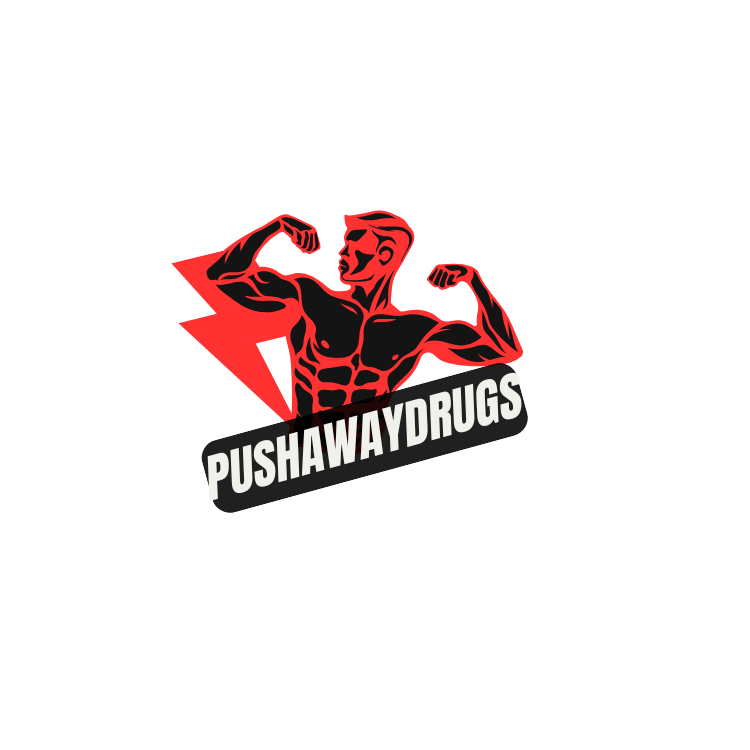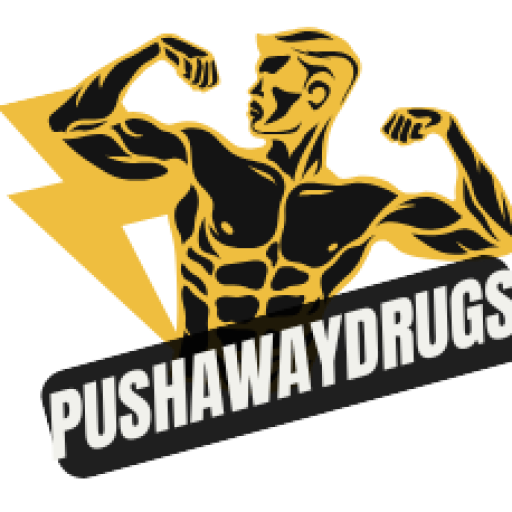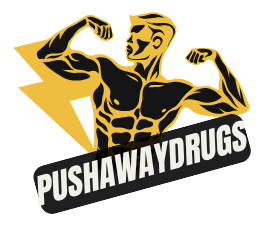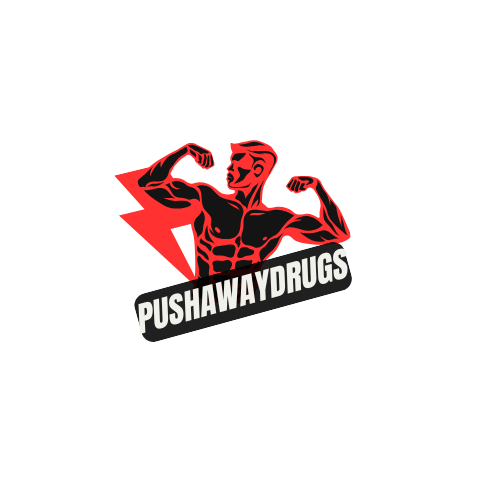Drugs are chemical substances that can change how your body and mind work. They include prescription medicines, over-the-counter medicines, alcohol, tobacco, and illegal drugs.
Heroin – Highly addictive opioid.
Cocaine – Powerful stimulant.
Methamphetamine (Meth) – Strong central nervous system stimulant.
Ecstasy (MDMA) – Commonly used as a party drug.
LSD (Acid) – A hallucinogen.
Psilocybin Mushrooms – Hallucinogenic mushrooms (illegal in many places, but decriminalized in some).
Fentanyl (illicit) – Extremely potent synthetic opioid, often linked to overdose deaths.
Crack Cocaine – A cheaper, more potent form of cocaine.
Alcohol – Slows brain function, impairs judgment and coordination. Excessive use can damage the liver and increase risk of accidents.
Stimulates the nervous system and creates strong addiction. Long-term use harms the heart and lungs, and increases cancer risk.
Increases alertness and energy temporarily. Overuse can cause anxiety, insomnia, and rapid heartbeat.
.Alters mood, perception, and coordination. Can impair memory and motivation, especially with frequent use.

1. Admit the Problem
Recognizing that you need help is the first and most important step.
2. Talk to Someone You Trust
Confide in a friend, family member, teacher, or counselor — you don’t have to go through it alone.
3. Seek Professional Help
Doctors, therapists, and addiction counselors can create a plan tailored to your needs.
4. Consider Rehab or Detox Programs
Inpatient or outpatient programs provide medical care, therapy, and structure for recovery.
5. Join Support Groups
Groups like Narcotics Anonymous (NA) or SMART Recovery offer community and encouragement from people with similar experiences.
6. Avoid Triggers
Stay away from environments, people, or situations that encourage drug use.
7. Build Healthy Habits
Exercise, eat well, and find hobbies or activities that give you purpose and enjoyment.
8. Be Patient and Stay Committed
Relapses can happen — don’t give up. Recovery is a process, not a one-time event.


Brain Development: Youth brains are still developing, making them more vulnerable to the neurotoxic effects of drugs, potentially causing long-term cognitive impairment.
Physical Dependence: Regular use can lead to physical dependence, resulting in withdrawal symptoms when not using.
Organ Damage: Some drugs can harm organs like the liver, heart, and lungs, depending on the substance used.
Addiction: Early exposure to drugs increases the risk of developing substance use disorders.
Emotional Instability: Drugs can trigger or worsen anxiety, depression, and other mood disorders.
Cognitive Decline: Memory loss, impaired judgment, and reduced concentration can all result from prolonged use.
Poor Academic Performance: Drug use is strongly linked to lower grades and higher dropout rates.
Job Prospects: A history of drug use can limit career opportunities and professional growth.
Isolation: Drug use can lead to withdrawal from family and friends.
Risky Behavior: Increased likelihood of engaging in dangerous activities like unprotected sex or violence.
Legal Issues: Possession or distribution of illegal substances can lead to criminal records, fines, or imprisonment.
Broken Trust: Family relationships often suffer due to dishonesty and unreliability.
Financial Burden: Addiction can drain financial resources, creating additional stress.











Sign up to get the first chapter for FREE!